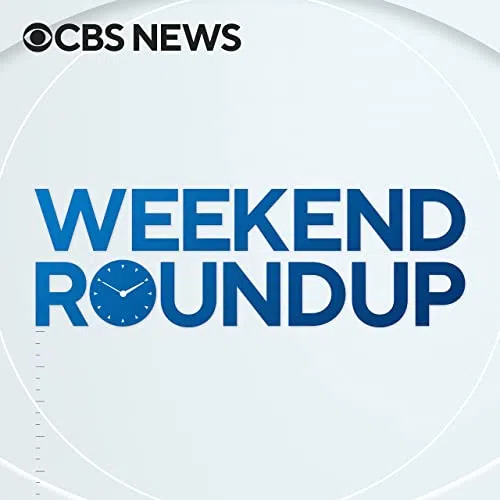By Gabriel Crossley and Kevin Yao
BEIJING (Reuters) – China’s factory output grew faster than expected in November, supported by stronger energy production and a moderation in raw materials prices, but retail sales slowed as new COVID-19 outbreaks hit the world’s second-largest economy.
The data, along with a slowdown in investment growth, underlined persistent headwinds facing the world’s second-largest, promoting policymakers to ratchet up support.
“The economy remained quite weak in November,” said Zhiwei Zhang, chief economist at Pinpoint Asset Management.
“Domestic consumption weakened further, which is driven by the zero tolerance policy that hurts the service sector and the continued slowdown in the property sector.”
Factory output rose 3.8% in November from a year earlier, official data showed on Wednesday, beating expectations for a 3.6% rise and accelerating from a 3.5% increase in October.
Retail sales in November rose 3.9% from a year earlier, however, below the 4.6% growth expected in the poll and October’s 4.9% rise.
Fixed asset investment rose 5.2% in the first 11 months from the same period a year earlier, slower than the 5.4% increase tipped by a Reuters poll and the 6.1% in January-October.
China’s economy, which is losing steam after a solid recovery from the pandemic, faces multiple challenges heading into 2022, due to a property downturn and strict COVID-19 curbs that have hit consumer spending.
Some analysts expect fourth-quarter gross domestic product growth to dip below 4% from the 4.9% pace in the previous quarter, although the full-year growth could still be about 8%, above the official target of over 6%.
At a key agenda-setting meeting last week, China’s top leaders pledged to focus on stabilising the economy and keeping growth within a reasonable range in 2022.
Signalling a sense of urgency, top leaders have also vowed to front-load stimulus next year ahead of the 20th Communist Party Congress, where key political leadership changes are likely to announced.
To shore up flagging growth, the People’s Bank of China (PBOC) has cut the amount of cash banks must hold in reserve, its second such move this year. It also cut the rates on its relending facility to support the rural sector and small firms.
China’s red-hot factory-gate inflation cooled slightly, driven by a government crackdown on runaway commodity prices and an easing power crunch.
(Additional reporting by Albee Zhang; Editing by Sam Holmes)






